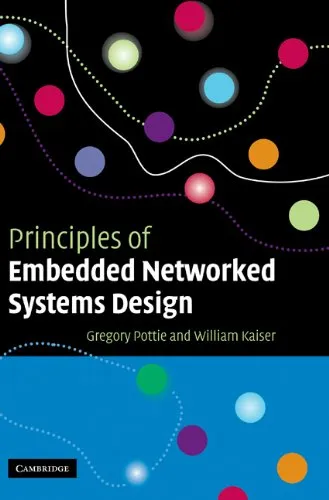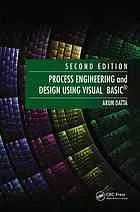Principles of Embedded Networked Systems Design
4.8
Reviews from our users

You Can Ask your questions from this book's AI after Login
Each download or ask from book AI costs 2 points. To earn more free points, please visit the Points Guide Page and complete some valuable actions.Related Refrences:
Embedded network systems (ENS) provide a set of technologies that can link the physical world to large-scale networks in applications, such as monitoring of borders, infrastructure, health, the environment, automated production, supply chains, homes, and places of business. This book details the fundamentals for this interdisciplinary and fast-moving field. The book begins with mathematical foundations and the relevant background topics in signal propagation, sensors, detection and estimation theory, and communications. Key component technologies in ENS are discussed: synchronization and position localization, energy and data management, actuation, and node architecture. Ethical, legal, and social implications are addressed. The final chapter summarizes some of the lessons learned in producing multiple ENS generations. A focus on fundamental principles together with extensive examples and problem sets make this text ideal for use in graduate courses on electrical engineering and computer science. It will also appeal to engineers involved in the design of ENS.
Free Direct Download
You Can Download this book after Login
Accessing books through legal platforms and public libraries not only supports the rights of authors and publishers but also contributes to the sustainability of reading culture. Before downloading, please take a moment to consider these options.
Find this book on other platforms:
WorldCat helps you find books in libraries worldwide.
See ratings, reviews, and discussions on Goodreads.
Find and buy rare or used books on AbeBooks.
1344
بازدید4.8
امتیاز0
نظر98%
رضایتReviews:
4.8
Based on 0 users review
Questions & Answers
Ask questions about this book or help others by answering
Please login to ask a question
No questions yet. Be the first to ask!














